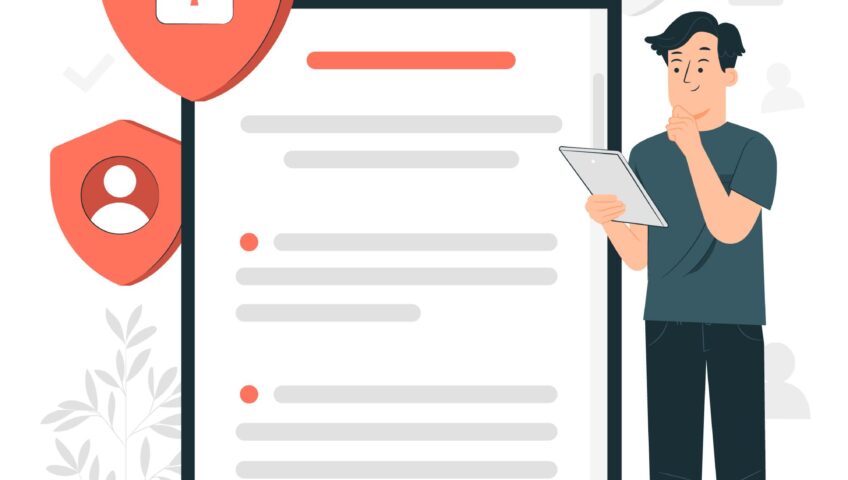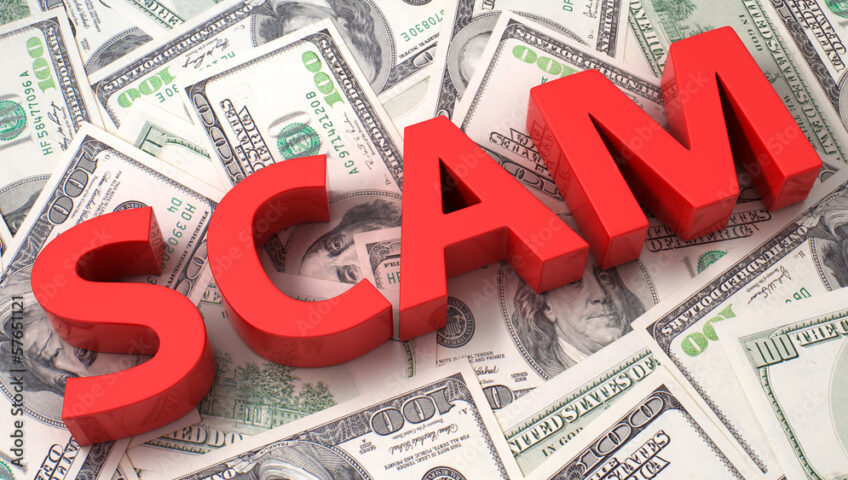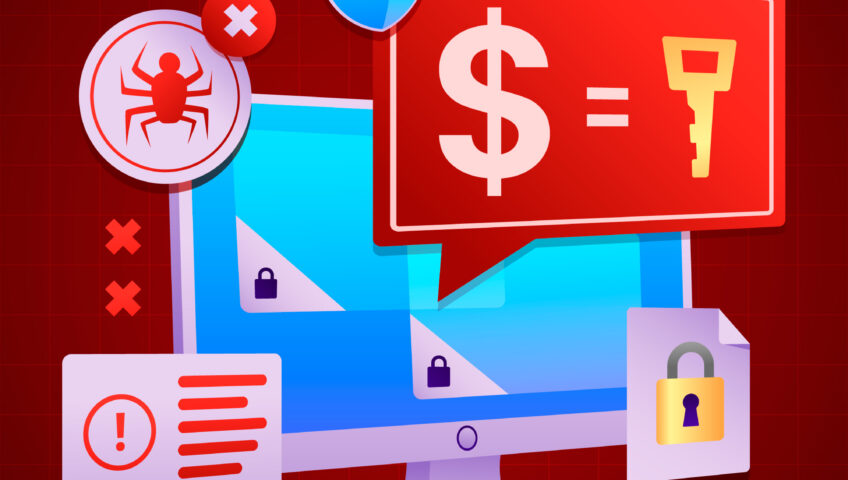
Regulated and Unregulated Forex Brokers
In terms of daily turnover, foreign exchange, or Forex (FX), dominates the financial sector. In April 2019, daily trading in FX markets increased to $6.6 trillion from $5.1 trillion three years prior.
Apart from its enormous size and a wide variety of trading platforms, the market is poorly controlled due to its decentralised structure. So, there is room for dishonest behaviour (some could even call it fraud), whether it involves Forex brokers or businesses that advertise secret trading algorithms. It might be challenging to separate good from evil.
Is the forex broker registered and licenced?
The regulations and legislation that businesses participating in the forex sector must abide by are referred to as forex market regulation.
Regulation’s main goal is to safeguard you against hidden financial risk, and dishonest business practices including pricing and order manipulation, and fraud.
The regulation aims to safeguard you from dodgy brokers acting unethically.
The vast, round-the-clock currency market is not governed by a single worldwide authority.
Instead, it is mostly the duty of each nation. The majority of nations have a regulatory body that establishes a set of guidelines and requirements that retail forex brokers must adhere to.
Every currency regulatory authority functions under its legal framework and regulations and enforcement vary greatly from one nation to another.
The regulatory body has the authority to impose penalties and take disciplinary action against a forex broker who doesn’t comply. These penalties, which may be severe, provide businesses with a strong incentive to follow the law.
Should the regulatory infractions be exceptionally serious or if the firm doesn’t successfully adopt modifications to prevent future violations, the regulatory body may finally decide to cancel that company’s operating licence if fines don’t work.
If this occurs, the forex broker will be operating unlawfully and without a licence and will no longer be able to conduct business in this area.
Several nations have different forex laws. This implies that not all regulatory authorities adhere to the same rules or provide the same level of financial security.
Each regulatory body has its own set of regulations and sphere of authority.
Regulatory Bodies
To operate legally and effectively, financial institutions must be licenced and supervised by regulatory organisations. Recognizing your Forex broker’s regulatory status is essential since it affects the security level.
The Financial Conduct Authority (FCA) in the UK, the Australian Securities and Investment Commission (ASIC) in Australia, the Commodities Futures Trading Commission (CFTC), and the National Futures Association (NFA) in the United States are well-known regulating organisations.
For instance, the FCA is the prudential regulator for more than 24,000 of these companies and the conduct regulator for over 56,000 financial services companies and financial markets in the UK. They want to make sure that the financial services industry in the UK is reliable, cutting-edge, and capable of meeting the demands of all of its clients, from small businesses to large multinationals. The ASIC’s role, among other things, helps the financial system and the companies that operate inside it work better. They encourage consumers and investors to participate confidently and intelligently in the financial system.
While they are not well recognised, most nations do have regulatory organisations that keep an eye out for financial misconduct. Forex traders, for instance, are somewhat aware of Cyprus Securities and Exchange Commission (CYSEC), the country’s financial regulatory body.
As you can see, regulation is a very significant factor. It is wise to take the effort to make sure your selected Forex brokerage supports this.
Unregulated Brokers
Even though financial regulation lends credibility, some Forex brokers choose to operate in an offshore jurisdiction where the supply of Forex trading services is not regulated.
It is expensive to establish and maintain a regulatory licence. Unregulated brokers save costs since they do not incur this cost. The FCA states that yearly payments are based on the scope of the firm’s operations, the sorts of regulated activities it engages in, and the cost of regulating those activities.
So why would traders choose an uncontrolled broker over a managed one?
Higher leverage is a typical justification. Exaggerated gains sometimes tempt traders, denying the possibility of equally disproportionate losses. Other brokers entice traders with guarantees of significant gains.
Despite being widespread, unregulated brokers are not in any way against the law. Your ability to seek relief is the major thing you stand to lose. Regulated brokers may not always treat you properly, but if they do, they risk legal repercussions. At the absolute least, a licenced Forex broker must adhere to the rules.
Important things to keep in Mind
When picking a Forex broker, whether licenced or unregulated, traders are advised to take the following factors into account in addition to the regulatory aspect, which is by far the most significant:
- Demo Accounts. A demo platform must be free and provide the same circumstances as real-time, live marketplaces.
- A wide variety of markets. There may be times when you wish to venture outside of currency trading and learn other markets outside the EUR/USD, such as trading in stocks, commodities, indexes, or cryptocurrencies. You can stick with the broker you’re accustomed to if you have this option.
- Tight spreads. Wide spreads are no longer used. Spreads have gotten so tight that, in terms of cost, they essentially have no value unless you’re actively trading Forex utilising an intraday model.
- Transparency. It’s important to understand the goals of the Forex broker. Where do they have their offices? Are they governed, and if so, by what entity? What do they stand for? Their track record in customer service? What is their source of income? You might call or contact the brokers; in essence, you’re seeking brokers who satisfy your requirements.
- Various tools. To trade Forex profitably, traders need a variety of tools. Reputable trading platforms—most Forex traders nowadays use the well-known MetaTrader 4 and 5 packages—are a top need. Most retail traders also frequently ask for additional tools like an economic calendar, a correlation matrix, and position size calculators.
- Education. Education of high calibre is crucial. The foreign exchange market seeks information from professionals in the field. If the brokerage business you’ve picked provides this service, it’s undoubtedly a bonus because it shows that they are attentive to customer demands. Market research is still another important factor. To provide both experienced and novice traders with a variety of trading ideas, both fundamental and technical trading methods should be included.
- Broker evaluations. Featured brokers can be contrasted side by side, often arranged by rating and regulation. Choose just those with verifiable independent reviews.


